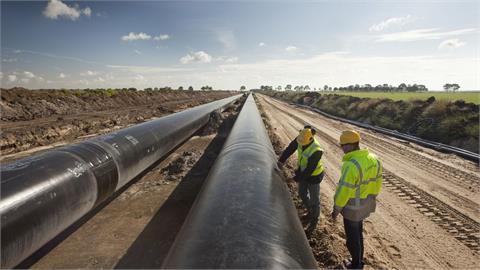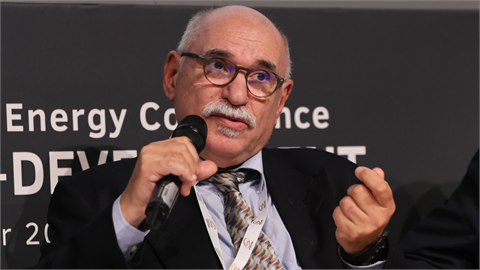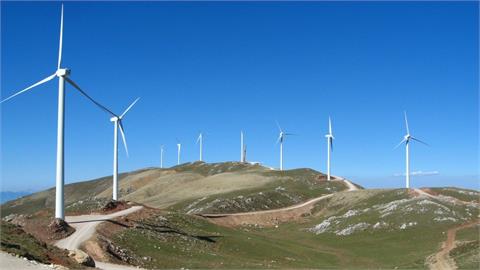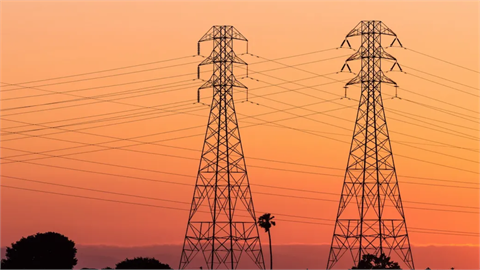In view of the highly successful Webinar which the Institute organised on June 8 a background paper was prepared and send to all participants in advance. This paper entitled “Gas Markets in Transition in SE Europe” has now been posted on IENE’s website under Publications and makes interesting reading.
Following definitions on the countries which constitute the SEE region and are hence covered in this latest review by IENE, the paper discusses the energy challenges faced by most of them as they try to adopt EU directives and policies,most importantly on the decarbonisation of their power sector, and adapt to the new reality. The inconsistencies and tremendous difficulties which exist between stated EU policies and on the ground reality,in view of the region’s huge reliance on coal and lignite, emerge as a focal point of concern.
The positive role of gas is discussed at length especially since this has lately emerged as the fastest and safest way to decarbonise and help the various countries attain the EU targets by 2030.
This latest IENE paper provides considerable data on gas infrastructure recently put in place or under development in SEE.In addition a brief analysis is provided on the trading situation at regional level,the role of gas trading hubs and the prospects for increased competition to be assisted with the arrival of new gas volumes over the next few years.
In view of the critical role adopted lately by Brussels and the inclusion of gas in the EU taxonomy list, the paper examines gas’s long term prospects in the region and how it will fare in relationship with renewables and its complimentary role to hydrogen, if and when this becomes a mainstream fuel.
The paper concludes by pointing out the continued importance of gas as a pillar in the region’s energy transition.
“There is enough activity throughout the SE European gas chain to suggest that its importance to Europe, especially as the Energy Union becomes consolidated, will increase even further. Especially since additional supply points develop as for example in the Black Sea. The main question is whether natural gas can still be characterized as a transit fuel and thus, new gas infrastructure projects can be justified, let alone, be implemented over the next years, or EU’s powerful green lobby, still looking for pretexts, will manage to sideline it“, concludes the IENE Background Paper.




